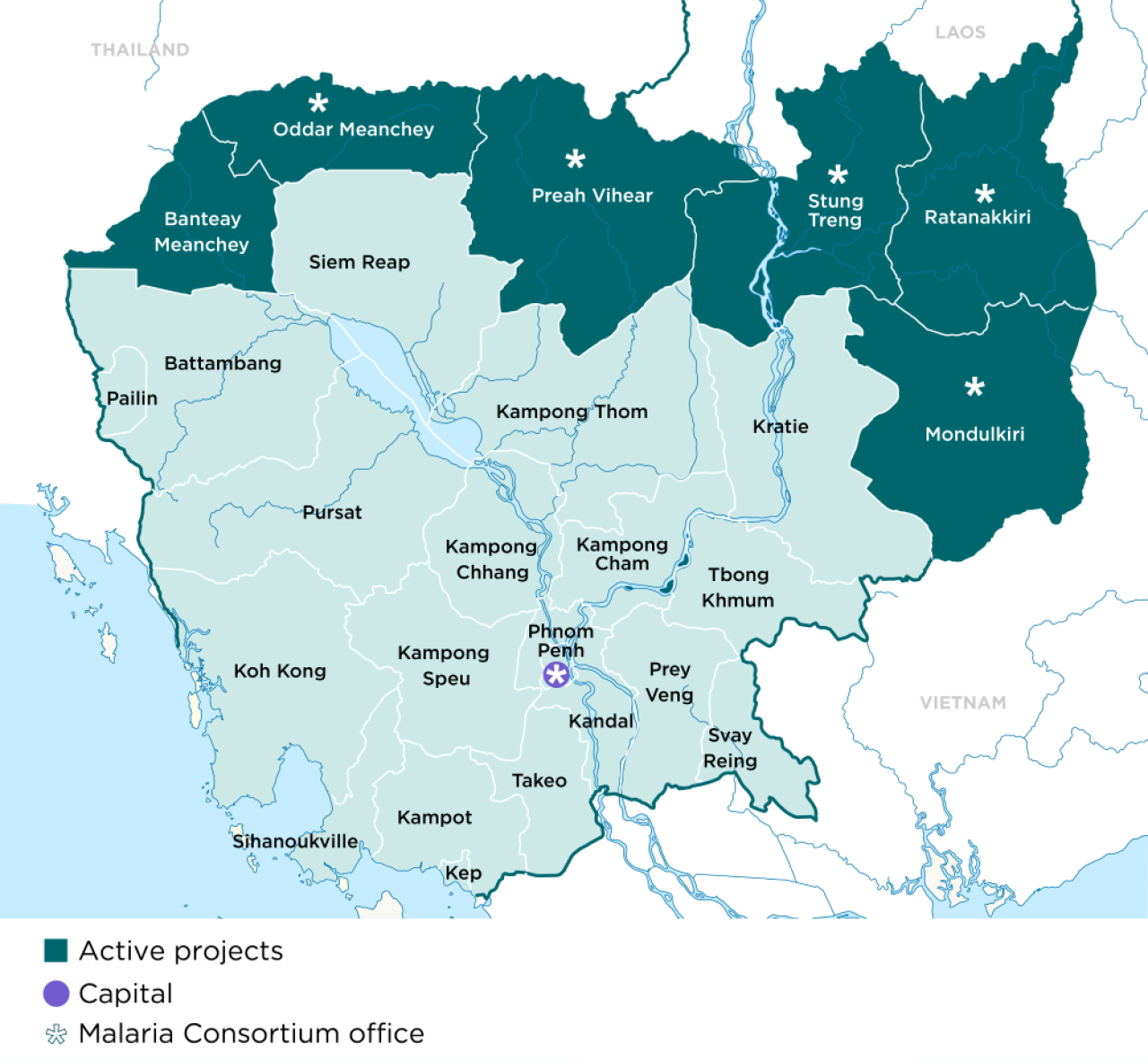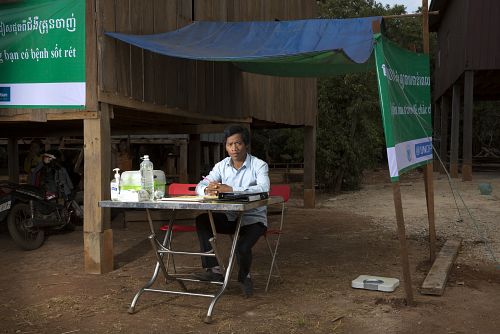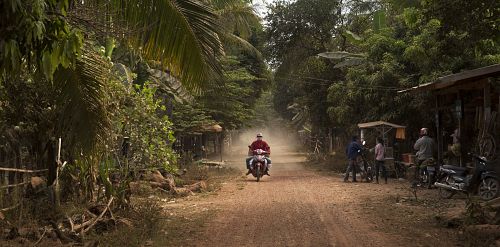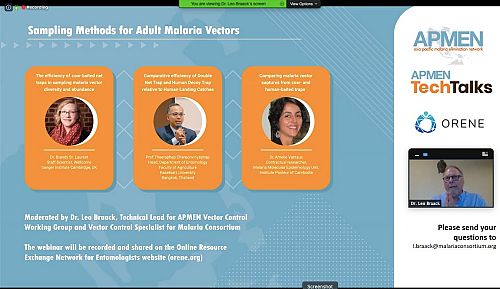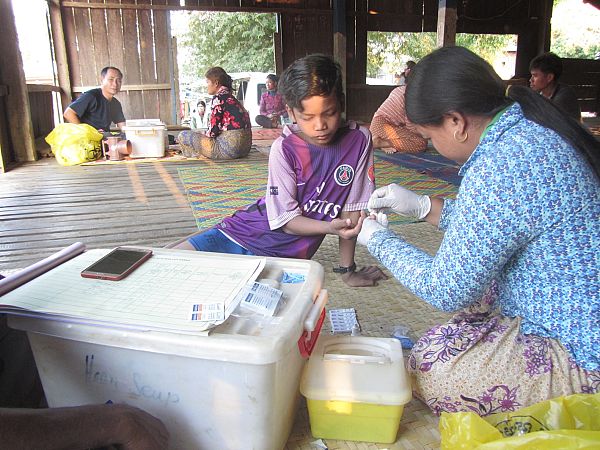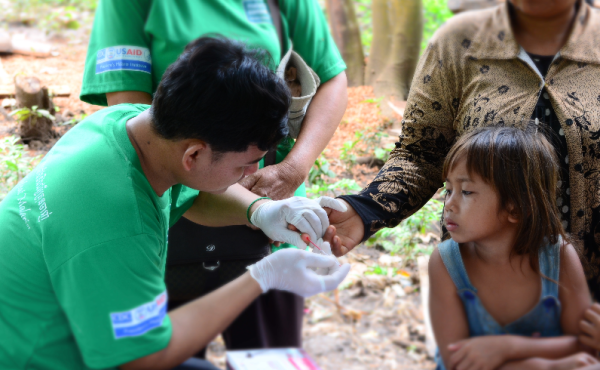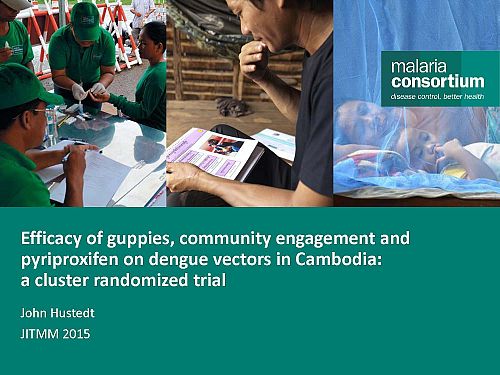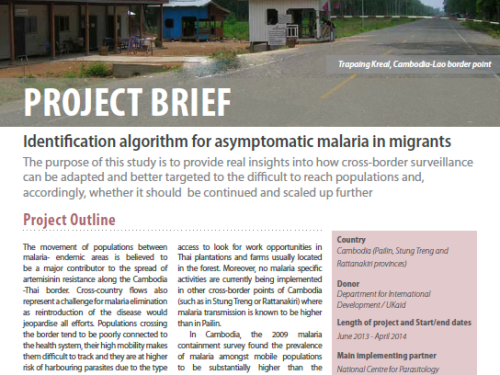Cambodia
According to the World Health Organization (WHO), from 2020 to 2021, Cambodia and Lao People’s Democratic Republic saw a 65 percent and 14 percent decrease in P. falciparum cases, respectively. This improvement is remarkable, but ensuring that communities in hard-to-reach areas receive treatment is essential to ensuring these efforts are sustained. High internal mobility and cross-border migration contribute to sustained malaria transmission within the country, as forest goers and mobile and migrant populations have limited access to community or facility-based healthcare services. Forest goers are at the greatest risk of contracting malaria, given high exposure to mosquitoes while cutting timber, hunting, preparing farmland, foraging and finding resin. We work closely with the Cambodian government to reduce the malaria burden, promoting dissemination of knowledge to health workers and communities.
Malaria Consortium in Cambodia
We contribute towards the Cambodian government’s efforts towards eliminating malaria by 2025. Working closely with the National Center for Parasitology, Entomology and Malaria Control and the Ministry of Health (MoH), we promote the sharing of learning and knowledge among national and provincial health staff, enhance surveillance and design social and behaviour change (SBC) interventions. Malaria Consortium’s expert support in Cambodia was recognised in 2015 when the MoH awarded us with a certificate of merit for high performance on malaria elimination-focused implementation.
Another core focus of our work in Cambodia was dengue, the most prevalent mosquito-borne viral disease, which is transmitted by Aedes mosquitoes. In collaboration with the MoH and the Ministry of Education, Youth and Sport, we have contributed to the development of knowledge and effective strategies among health workers and communities to combat the spread of dengue through locally adapted vector control strategies combined with social interventions.
